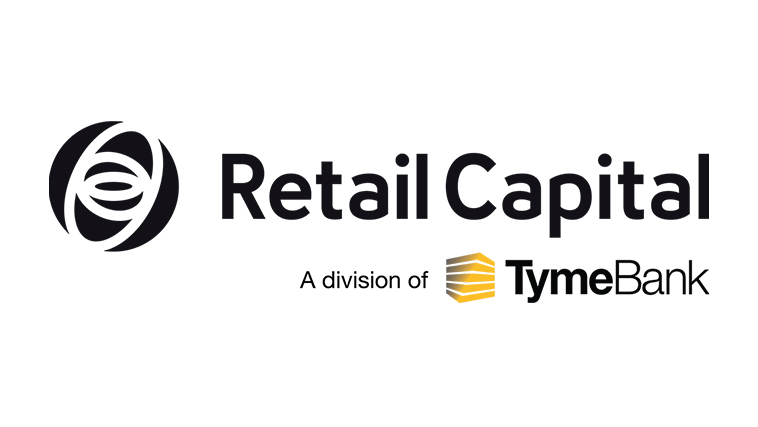Application process
It’s never been easier for small business owners to apply for finance. Many lenders allow for business owners to apply online to qualify for a business loan in South Africa. The entire process is digital so they can approve your application directly on the platform if you provide the relevant and correct documents.
Collateral
This is an asset that an applicant uses in order to qualify for a secured loan. In the case of a borrower defaulting on the agreement in a secured loan scenario, the lender has the ability to take possession of these assets. As a cash advance is an unsecured product, it does not require collateral. This is a win for new businesses that don’t yet have a lot of assets.
Interest rate
The interest rate, which is expressed as a percentage (%), is owed on an amount lent over a fixed term. As part of the loan agreement, business owners will be required to pay back the principal amount, along with the agreed interest.
There are a number of factors that can affect the interest rate you get on your business loan, including, your credit score and whether it’s secured or unsecured. While the interest rate is set by the South African Reserve Bank’s Monetary Policy Committee, it is possible for business owners to negotiate the interest rate they get.
Repayment term
This term refers to the amount of time it takes to pay back the total amount borrowed from a funding provider. This term may be set and known as a ‘fixed term loan’. Alternatively it may be flexible, which allows funds to be paid back in line with the business’ turnover and therefore uses an estimated repayment period.
Secured/ Unsecured
Working capital finance can either be secured or unsecured. With secured loans the borrower is required to put up assets as security or collateral. This is to ensure that the business does not skip any repayments. An example of security is paid-up property. A disadvantage of this type of business loan is that it often has a longer approval time because documents have to be checked prior to approval.
The unsecured loan option does not require the borrower to put up any collateral as security, however the borrower is required to sign personal surety for the loan amount. One disadvantage of an unsecured loan is the higher interest rate, making it more expensive than a secured option. Typically only companies or business owners with a high credit rating are eligible for an unsecured loan. A major benefit of this type of loan is quick approval and payout.
Qualifying criteria
It’s important for business owners to be clear on what is required of them before they apply for funding.
With regards to working capital funding some of the requirements a business needs to meet are:
- Registered and operational for 12 months
- Have a good credit standing
- Meet a turnover threshold
- Six months bank statements
- For a secured loan some of the documents a lender may request any of the following: annual financials, management accounts, bank statements, debtors listing and title deeds.



